giving air to the voice within
Presentation for the Panel Session – Practicing as an Employee; FCA National Symposium 2o22
abstract
“You can’t have the class-IV staff quarters next to the girls’ hostel block because every parent will fear that their daughter will get raped!”
Boss-X, 2004
“It’s really difficult to hire girls… They either get married, or get pregnant, or there’s always the fear of rape!”
Boss-Y, 2015
I want to turn the gaze inwards and enquire into the loss of my voice. What kept me from speaking out when hearing and seeing things that rattled me inside? It demands enormous perseverance and practice to learn to speak, which in turn is impossible without listening.
In fact, to give air to the voice within, one has to engage in honest conversations around difficult issues: speaking and listening without trying to prove a point.
None of these is possible without an intimate community. However, the moment we congregate, there is also comparison, and judgment and hierarchy. There is authority. What is the image of the self and that of authority, which has been part of our upbringing?
The conversations that I am referring to require questioning our relationship to power. It requires vulnerability. If we look at power, authority and hierarchy in our social context, they are not spoken about; and what is not spoken about becomes a taboo. How do we create space for vulnerability within the realm of architecture, its practice and production, which, besides being about dwelling, is perhaps more about capital and control?
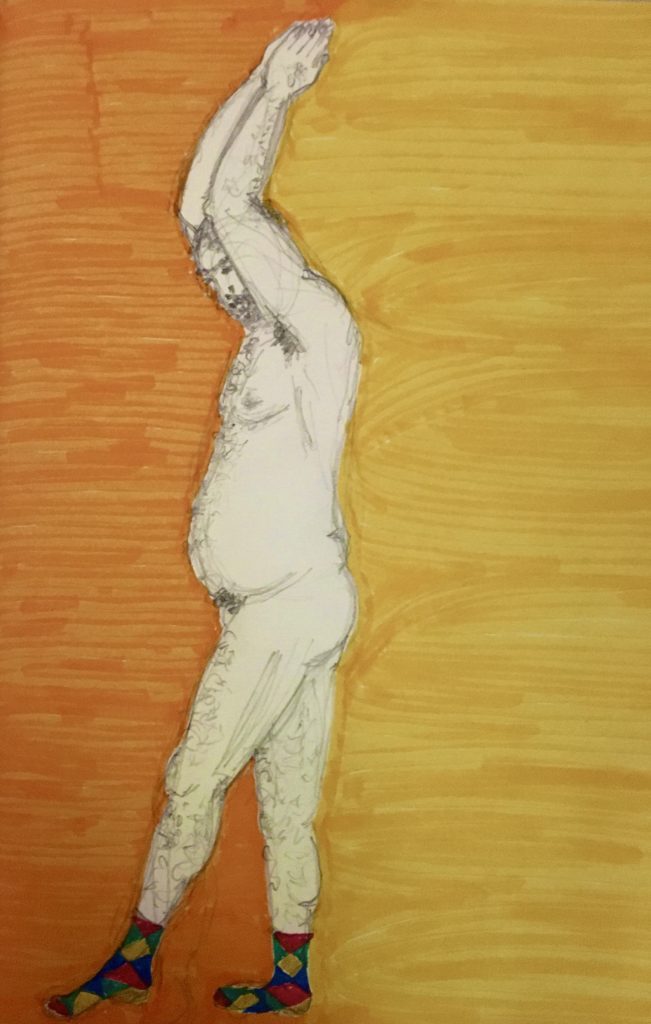
“She ran away with her driver. Who does that?! One doesn’t even recognise the faces of such people.”
“You can’t have the class-IV staff quarters next to the girls’ hostel block because every parent will fear that their daughter will get raped!”
“It’s really difficult to hire girls… They either get married, or get pregnant, or there’s always the fear of rape!”
“What happens to safety concerns when they are partying late into the night? Or is that excuse only reserved against working late?!”
I am anonymously quoting my entitled bosses from jobs separated by about fifteen years. This tiny sample size surprisingly represents a cross-section in age, gender, sexuality as well as socio-professional recognition & influence. It is obvious that a decade and half is not long enough, even in the 21st century, to change our mindset of embedding a person’s value in their gender or socio-economic position and constantly bringing up the threat of its violation.
Discrimination & oppression don’t come with labels. We have to analyze them in collective spaces to recognise the entangled strands of biases against gender, caste, religion, wealth, education, appearance and numerous other parameters which we are incredibly efficient in using to discriminate. Also, such unkind words are uttered in confusing environments: spaces which offer the warmth of a collective meal, or the thrill of access to power, or the camaraderie of a jovial banter. So one wouldn’t know if the person is serious, or is being sarcastic, or is only expressing their frustration against the culture that they are a part of.
However, the aim of my presentation is not to provide an inventory of insensitive workspace experiences. Instead, I want to turn the gaze inwards and enquire into the loss of my voice. What kept me from speaking out when hearing and seeing things that rattled me inside? One has to examine the personal history of one’s voice in the presence of authority figures as well as in situations of duress. It turns out that – contrary to a self image of strength and independence – not only have I seldom confronted authority but at times I’ve ended up reprimanding the one suffering because there seemed to be no resolution in sight. Admonishing is easy because shirking responsibility and placing blame on the other feels like self preservation. It is a quick response in favor of perpetuating the status quo, which otherwise could lead to unforeseen bedlam. My ideas of self food, space and time seem so intertwined and fragile that any opportunity of questioning the routine appears as a threat.
Self-Image
If I can allow myself the viscous flexibility of molten wax that I need to be as a person, I can adapt to changing contexts and prevent freezing, cracking and breaking down in the pursuit of exhibiting a solid image for validation from the world around me.
photo: Moran, Assam, India, March 30, 2019. REUTERS/Anuwar Hazarika

Threat to what? My recognition as part of a community that I identify with? My sense of security? My moral high ground of appearing honest and just? To allow questioning of the status quo I have to become capable of challenging my self-image and acknowledge that while I try to be honest, just, good and independent, I may at times and often lie or be unfair or behave badly or become dependent. I have to let myself out of the cage that reads “I can do no wrong!“ Not to do wrong, but to see my mistakes.
If I can allow myself the viscous flexibility of molten wax that I need to be as a person, I can adapt to changing contexts and prevent freezing, cracking and breaking down in the pursuit of exhibiting a solid image for validation from the world around me. It’s ironic that as an ordinary individual, I put in so much hard work all alone and endure so much heartburn in this futile exercise… Because I am afraid of losing my image, place and moment in the communities that I identify with.
Illusion of Individuality
It is a cruel joke on myself because I work all alone in the fear of losing an imagined community. It is this fear that authority feeds on – the fear of abandonment. Each of us deals with this differently. Some withdraw, others become passive, some bend over backwards, while others leave much before leaving in order to mitigate the perceived devastation.
I have good reason to believe that a lot of us are working all alone, ceaselessly seeking the ever elusive validation from imaginary communities. If we could see this mental fixation, perhaps it could set us free: from our fictional communities, our imagined individuality and our perceived fear of isolation and abandonment.
I have good reason to believe that a lot of us are working all alone, ceaselessly seeking the ever elusive validation from imaginary communities. If we could see this mental fixation, perhaps it could set us free: from our fictional communities, our imagined individuality and our perceived fear of isolation and abandonment.
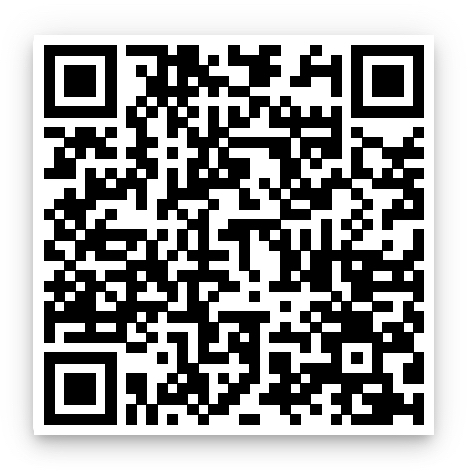
Aren’t we already isolated and abandoned? Going beyond apps, smartphones, cars and even roads, under the pretext of connecting the far-flung, have always separated us from our immediate environment. Our technological pursuit for long seems to have been aimed at enhancing mental capabilities at the cost of physical ones.
While we continue to believe in the illusion of a physical individuality, the perpetuation of mental faculties through technology, education, livelihood and commerce are fragmenting us into myriad irreconcilable entities. Growth is not in fragmentation but in gathering our fragments. Individuals offer communities robust diversities to survive and thrive in. The converse is also true.
I need to let go of my dependence on control of situations to leave the mental constructs of a well-behaved community, and embrace the mess that real communities are. By accepting my own shortcomings I may be able to accommodate those of my real community. Perhaps then would there be no isolation, no abandonment and no fear. There would be governance instead of authority, spirituality instead of communalism and conversation instead of counterpoint.
Embodied Cultural Codes
Not all cultural codes are written in black on white. We embody most of them and many are dehumanizing because they are intended to preserve power structures rather than humanity.
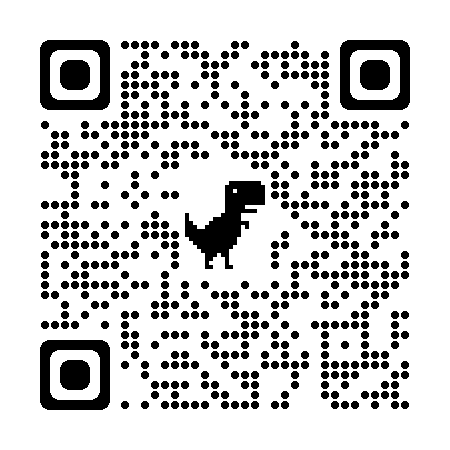
- While she reprimanded me for shirking responsibility, did my employer care that I despised certain tasks?
- While he wondered who asked me to work on the project that I was on, was my supervisor curious about what I really liked doing?
- While they slipped the drawings to the client without my knowledge, were the partners aware that they run the company and I was their employee who could’ve been simply informed about their decision?
I know I said that I won’t be presenting an inventory of inappropriate workplace leadership, but please bear with me; I may not get another opportunity like this.
- While I hardly got to spend time with my family and was consumed in delivering quality work, did the principal care that I was turning into a monster?
- While he acknowledged in person on a post-midnight drive back from the studio that he couldn’t’ve run the course without me, wouldn’t the acknowledgement be real if my name were to find mention in the post-program publication?
- During the negotiation for my raise, when he said, “I can get a Course Leader for that much! “ was he aware that he wasn’t referring to tools for tasks but to persons who take on responsibilities?
NO! I believe all my ex-employers usually chose to see me as anything but a single point who did a job for them. My struggles & joys, hopes & desires and family & friends mattered little to them. In the work environment – whether formal or informal – it’s too much to ask for, isn’t it?
I don’t hold these horrible bosses individually responsible for their evil. Not all cultural codes are written in black on white. We embody most of them and many are dehumanizing because they are intended to preserve power structures rather than humanity.
So in almost all the scenarios enumerated above, my response was silence: either not asking for clarification or choosing to leave the space or the job. I enacted my culturally embodied response of avoiding confrontation with authority.
In retrospect, of course, I can imagine an alternative where my question needn’t necessarily be a questioning of power, but simply seeking a way where my needs are met. An open-ended conversation where no point needs to be proven but curiosities pursued, if not satisfied. The conversations that I am referring to require questioning our relationship to power. It requires vulnerability.
However, traditionally – even in nuclear families, because the larger social fabric doesn’t just disappear – we are brought up to play prescribed roles as per our relationships and there’s too much of what you can or cannot say to or ask another depending upon the relationship.
Perpetual Perseverance
At a week-long organizational restructuring workshop held at an exotic resort, I made a presentation to lead the responsibility of attending to employees’ well-being. It will be difficult for me to ever forget the principal’s response: “All this is too much English!” he said.
photo: isabelp
https://journals.worldnomads.com/isabelp/photo/37930/925751/India/

Of course, there have been situations where I’ve tried to remain non-confrontational with my questions. While I’ve usually been met with awkward silence, deflected gaze, indifference and passive aggression, there has been a short phase of a series of breakthroughs. Four young employees had either submitted their resignations or had expressed that they’d like to leave. I used my position as a senior associate to engage with the concerned employees to listen to their apparently insurmountable problems.
The case of two young women is perhaps a good example of the stereotyping of people & tasks that leads to discontentment and eventual displacement. While one wanted a fortnight long break to attend an organ building workshop, the other wanted to visit the sites of projects that she was working on. Both had presumed, and rightly so, that the company would not encourage their wishes. I presented their request to the principal and respective team leaders; emphasizing that not only are the wishes reasonable but, if heeded to, would also be beneficial for all. It gave me immense satisfaction in helping the girls have what they wished for and also to help the organization retain good people.
I wanted to continue working on these lines and expressed to the principal that I’d like the-monkey-of-project-delivery off my back, so I can focus on recruitment and training of young architects and interns. I imagined this would also give me more time with my family. At a week-long organizational restructuring workshop held at an exotic resort, I made a presentation to lead the responsibility of attending to employees’ well-being. It will be difficult for me to ever forget the principal’s response: “All this is too much English!” he said. Is the idea of equitable opportunity and well-being really an alien cultural import?
The 21st Century
If they continue to be devoid of humanity, what then is the hope for architecture and its allied professions in the face of the exponential growth in artificial intelligence?
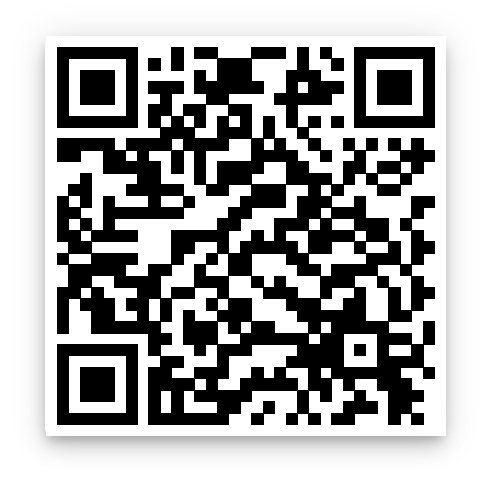
- How is it possible that we are not curious about the people whom we share the same slice of the sun with?
- The two years of incarceration and continuing ambiguity have made us realize the importance of both boundaries and touch; there are also immense business prospects of doing things online. What does creativity mean now?
- If they continue to be devoid of humanity, what then is the hope for architecture and its allied professions in the face of the exponential growth in artificial intelligence?
- How do we create space for vulnerability within the realm of architecture, its practice and production, which, besides being about dwelling, is perhaps more about capital and control?
Stories & Communities
We need our little community to share stories and to let each other know if they resonate. There will always be moments of great pain when a story doesn’t suffice and we either have to let go of it or retell it.
A collage by Siddharth bringing disparate elements of his works together from an architectural drawing, an interior architecture project and a workshop on creativity & emotions
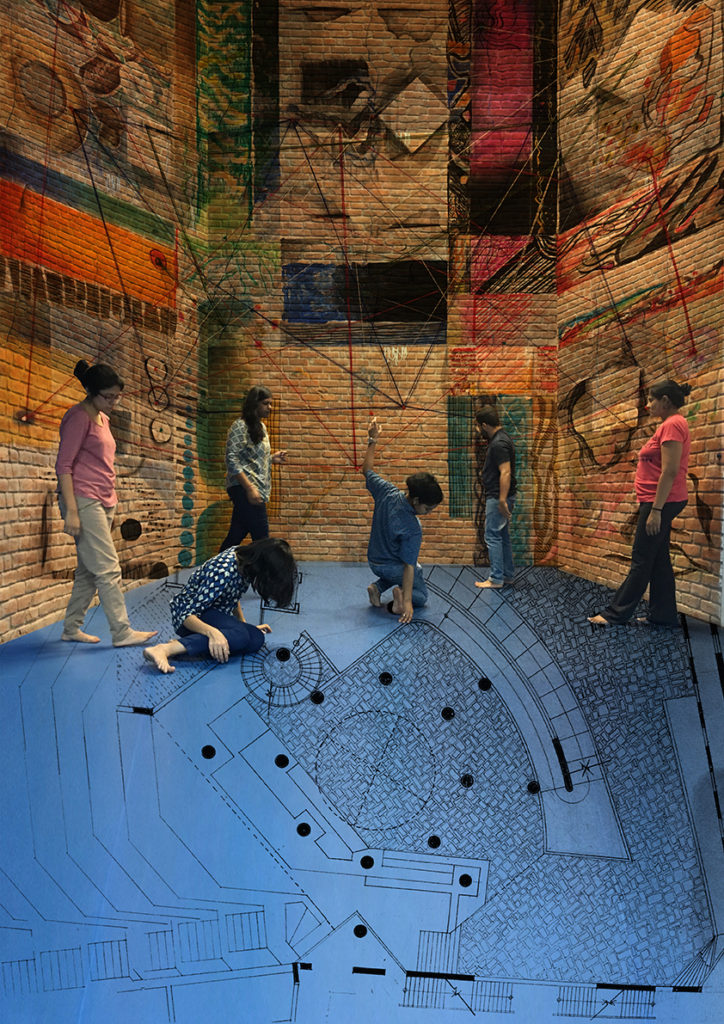
It isn’t for nothing that most of us carry within ourselves a romantic idea of community; no one is meant to be alone and none can bear not being cared for. However, it demands enormous perseverance and practice to learn to speak, which in turn is impossible without listening. In fact, to give air to the voice within, one has to engage in honest conversations around difficult issues: speaking and listening without trying to prove a point. None of these is possible without an intimate community.
However, the moment we congregate, there is also comparison, and judgment and hierarchy. There is authority. What is the image of the self and that of authority, which has been part of our upbringing? If we look at power, authority and hierarchy in our social context, they are not spoken about; and what is not spoken about becomes a taboo.
We stake our claim to power with our wish for the company of well-behaved and efficient individuals, be it for work or romance. But the fact is that we come with disparate fragments and repeat deep-seated patterns in our relationships everywhere to either get our way or get through. This way of becoming has been beaten into us from our very early years through a relentless shower of rewards and punishments. We become better at what we practice. We need to choose between deflections and conversations.
A friend recently remarked, “In the 21st century, there will be flying cars, they said; and here we’re, learning to wash our hands…“ Irony is inevitable, and so are occasions of critical & collective review of our beliefs, presumptions and prejudices.
We need stories to make sense of the world around us and our place in it; stories that we inherit as well as create on our own. We need our little community to share these stories and to let each other know if they resonate.
There will always be moments of great pain when a story doesn’t suffice and we either have to let go of it or retell it. No matter how civilized or powerful we may feel, if as a society we do not create the place and occasion for men (and women) to be held with dignity as they cry their hearts out, then knowing or unknowingly we are always preparing for war.
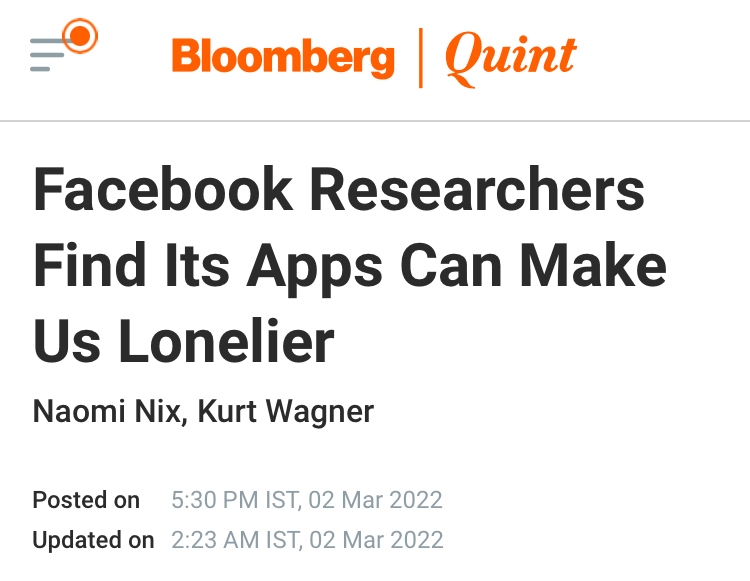
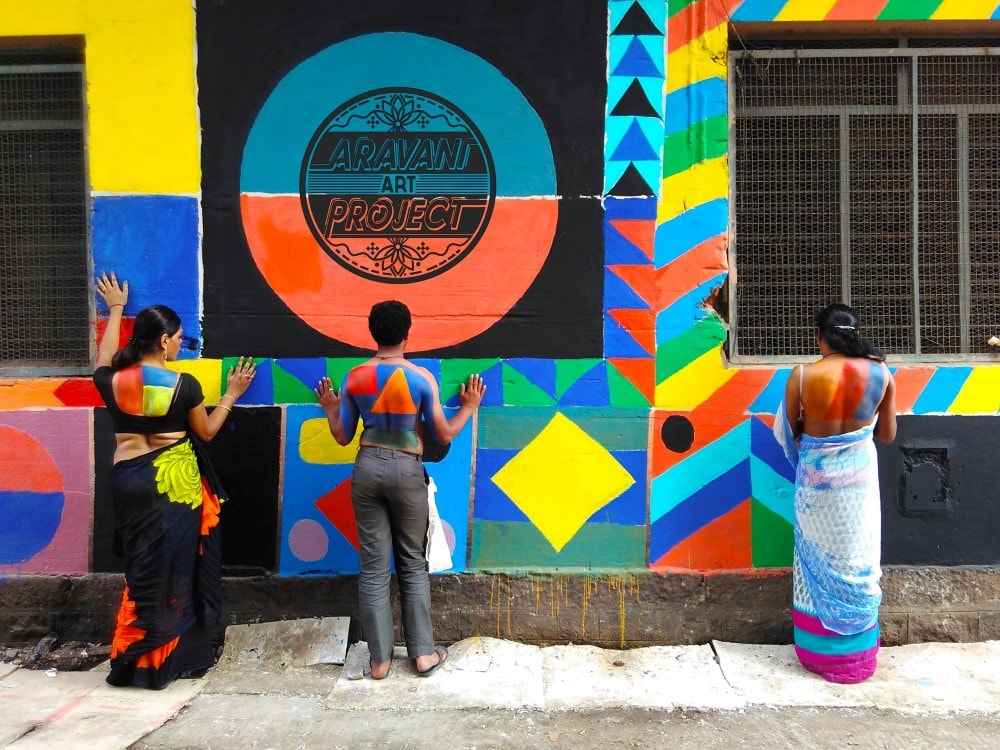
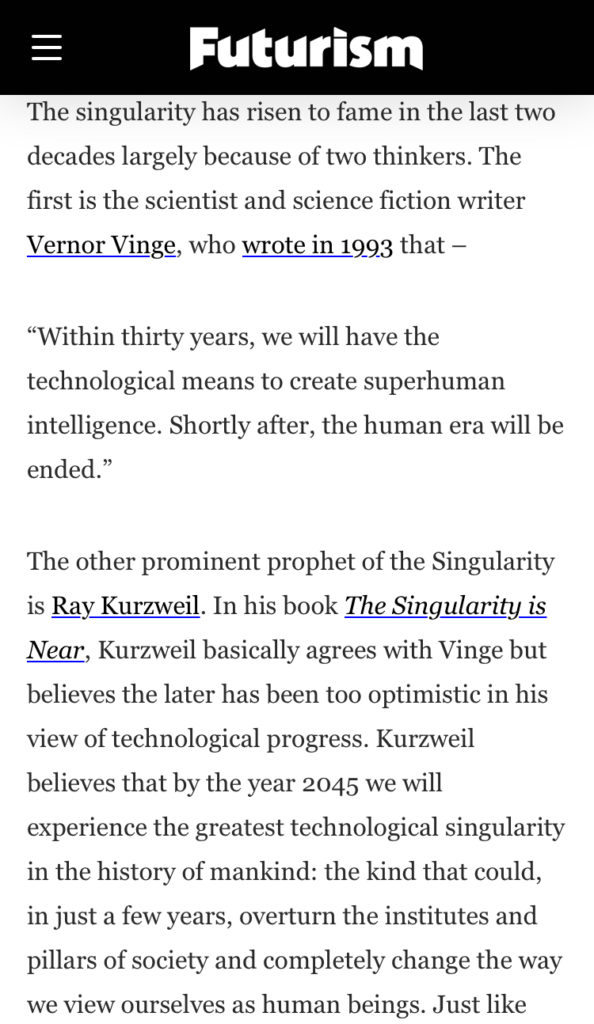

 malkum
malkum